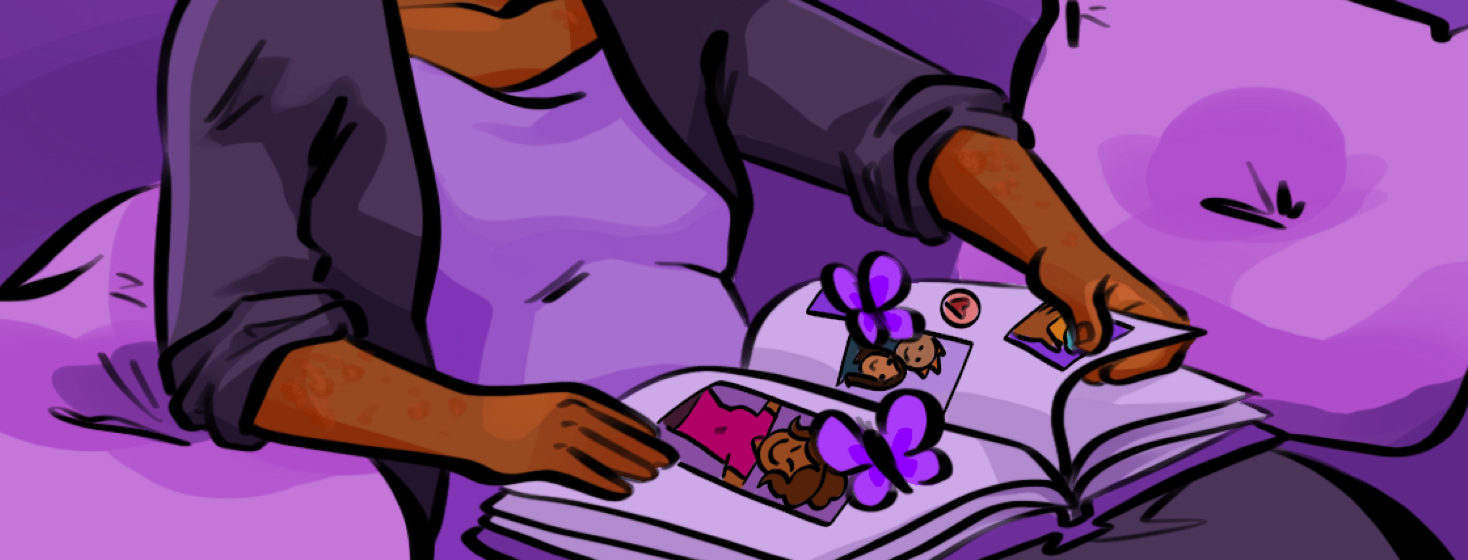The Grief of Losing the Old You
One of the most difficult symptoms of lupus isn't fatigue, joint pain, or sun sensitivity. It isn’t the rashes or hair loss. It’s the grief of losing the life we had before we got sick.
When life came to a halt because of lupus
Like many women, I was perpetually busy before I became chronically ill. I spent most days cooking or cleaning, writing papers for school, or studying for my exams. At night, I would hang out with friends at cute bars or restaurants or stay up late studying, never worrying that I would be too exhausted to get out of bed the following morning. But my lifestyle as a normal college student came screeching to a halt when I became sick with lupus. Instead of hopping out of bed in the morning ready for class, I stumbled to the bathroom half-awake to throw up.
When I had once memorized information easily and whizzed through tests and homework, I now struggled with brain fog so severe I could barely microwave instant oatmeal in the morning. The friends and family members that couldn't come to terms with my illness drifted away, leaving a gaping hole in my life.
Grief for my old self
I lost trust in my body and in myself. I grieved for my old life. I wrestled with the kind of grief that I’ve only ever felt when someone close to me died–except the person who had died was me.
Rather than empathizing with my grief, my doctors tried to diagnose it. "You’re depressed," most doctors told me. Having lived through the hopelessness and darkness of depression before, I knew that what I was experiencing wasn’t depression. My doctors not making an attempt to understand my grief only amplified it. Maybe I’m the only one who feels this way after getting sick, I thought. Maybe I’m being dramatic or unreasonable.
This or That
I grieved for my old life after becoming sick with lupus.
I am not alone
After many years of living with lupus, I’ve realized I’m not alone in feeling grief. Most people who become disabled or chronically ill grieve the life they experienced before they became ill. As lupus patients, we have to give up so many of the things we used to take for granted. We lose friends and family members who won’t adapt to our new limitations. Some of us lose our jobs because we are too sick to work. Many of us have to give up hobbies we love, like hiking, playing sports, or even just going out with friends whenever we feel like it. All of us have to adjust to unwelcome symptoms like chronic pain and fatigue. Given these circumstances, it’s completely normal and expected to feel grief. In fact, it would be strange if we didn’t feel a sense of loss for our old life.
Tips for those newly ill with chronic disease
If I could send a message to everyone who has recently become chronically ill, it would be this: It’s ok to grieve for your old life. It’s ok to be angry, deeply sad, or even in denial. Feeling grief is normal and part of becoming sick. But I would also send this message: it gets better, and your grief will fade over time. As hard as it was having to say goodbye to the person I once was, I’ve discovered some silver linings to living with a chronic illness. I’ve learned who my true friends are. I’ve learned to slow down and appreciate the little things in life. And I’ve learned that grief is something I’m strong enough to survive.

Join the conversation